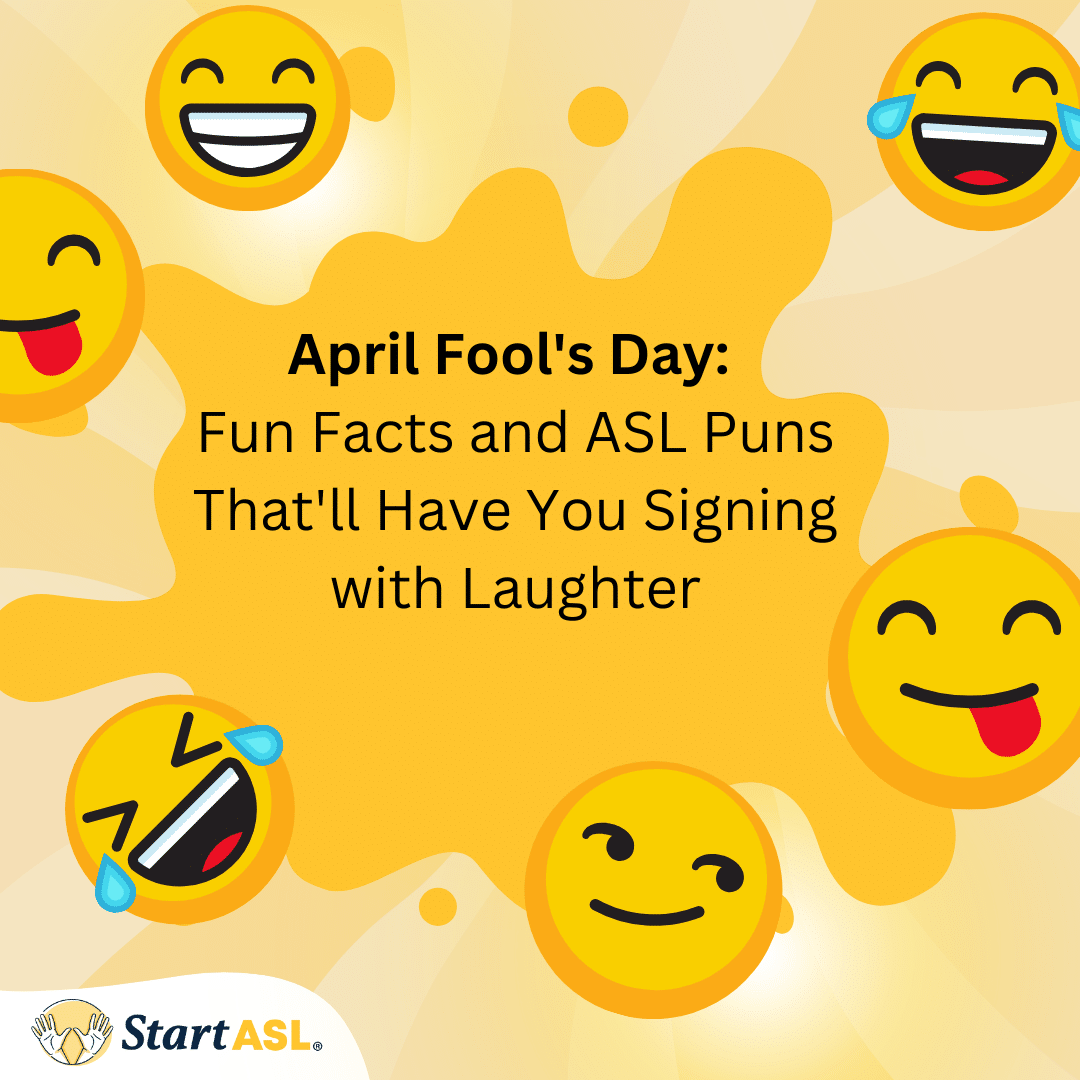
Becoming a Sign Language Interpreter
 Becoming an American Sign Language interpreter is a very popular choice for many ASL students.
Becoming an American Sign Language interpreter is a very popular choice for many ASL students.
People choose to become interpreters because they love American Sign Language, love Deaf people, and enjoy being exposed to a wide variety of interesting subject matter and experiences. Interpreting is a very fun and rewarding career. You get to wake up every morning and go out into the world and provide a valuable service.
We go into more detail about becoming a sign language interpreter in Don’t Just “Sign”… Communicate!: A Student’s Guide to ASL and the Deaf Community, but we have included some of the most important information here.
Education
The educational requirements for certification from the Registry of Interpreters for the Deaf are currently changing. As of June 30, 2009, all hearing candidates for RID certification must have at least an associate’s degree, in any field, in order to take the performance exams. This requirement is expected to increase to a bachelor’s degree by 2012. Deaf candidates for RID certification are expected to have an associate’s degree by 2012 and a bachelor’s degree by 2016.
As of right now, the degree can be in any field in order to take the RID performance exams. However, you still need to be prepared for these exams. For most people, the best way to prepare is to get a two-year or four-year degree in ASL Interpreting.
Many colleges and universities offer ASL interpreter training programs. You can find interpreter training program listings on the RID website: RID’s database of interpreter education programs.
Certification
Certification is now required for most interpreting positions. There is a National Interpreter Certification (NIC) test that is given jointly by the National Association of the Deaf (NAD) and the Registry of Interpreters for the Deaf (RID). This test involves a written test, an interview, and a performance test. To learn more about the certification process, visit the Certification section of the RID website.
Your state may also require other certification on top of the national certification in order to be an interpreter for the deaf. And depending on the setting in which you plan to interpret, there may be other certifications required as well.
Types of Interpreters
As an interpreter for the deaf, you can work either as a staff employee, a freelance independent contractor, or an agency interpreter.
As a staff employee, your job would be more stable, predictable, and often include benefits. However, you would also have less flexibility in picking your assignments and your range of experience would be limited to what the organization does.
As a freelance interpreter for the deaf, you get to contract with many different agencies. These can include private agencies, public agencies, schools, hospitals, courts, businesses, and even directly with clients. However, unlike a staff position, you wouldn’t get benefits such as health insurance or vacation pay. You also have to deal with extra paperwork like preparing quarterly tax estimates and obtaining business licenses and insurance. Also, freelance interpreters normally don’t receive a full forty hours of work per week.
Agency interpreters are interpreters who are contracted by interpreting agencies. These agencies are contacted by clients and the agency sends out the most qualified interpreter for that job.
Salary
Interpreter salaries can range from $12 to $50 an hour or more or $10,000 to $50,000 or more annually. Your salary will depend on your geographical location (rural areas tend to pay less), education, credentials, amount of experience, and what type of interpreter you are (such as staff, freelance, or agency).
Resources
If you plan on becoming an ASL interpreter, we also highly recommend all of the books listed on this page below. You will find a lot more information about interpreting in these books that you will on the internet.
Sign Language Interpreter Code of Ethics
The sign language interpreting Code of Ethics is very important for all interpreters to follow.
All RID certified sign language interpreters are required to follow the RID Code of Ethics. The Code of Ethics requires that interpreters behave in a manner appropriate to their position. For example, interpreters may not change the message they are interpreting, all assignment-related information must remain confidential, and no personal opinions or advice can be added while interpreting.
The seven tenets of the RID Code of Ethics are listed below:
- Interpreters adhere to standards of confidential communication.
- Interpreters possess the professional skills and knowledge required for the specific interpreting situation.
- Interpreters conduct themselves in a manner appropriate to the specific interpreting situation.
- Interpreters demonstrate respect for consumers.
- Interpreters demonstrate respect for colleagues, interns, and students of the profession.
- Interpreters maintain Ethical business practices.
- Interpreters engage in professional development.
Here is the official NAD-RID Code of Professional Conduct.
Sign Language Interpreter Book Recommendations
If you are or plan to be interpreting, you should have these books!
We have searched for the best books for sign language interpreters. We have checked them out and read their reviews. These are all wonderful resources that we highly recommend!
Please note that when you choose to purchase through the external links on this website (in many but not all cases) we will receive a referral commission. However, this commission does not influence the information we provide in this site. We always give honest opinions and reviews to share our findings, beliefs, and/or experiences. You can view our full disclosure on this page.
The Best ASL Interpreting Books
So You Want to Be an Interpreter: An Introduction to Sign Language Interpreting
This book is the perfect introduction to ASL interpreting. The book is easy to read, well organized, and the most popular interpreting textbook on the market. If you want to learn about the interpreting process as well as ethics, this is the book for you. It’s a great resource and wonderful to have around!
Interpreting: An Introduction
This small book is stock full of information! We highly recommend this book if you plan to interpret!
Building ASL Interpreting and Translation Skills: Narratives for Practice (with DVD)
This is a newer resource for interpreting practice that comes with a DVD. If you are looking to improve your translation skills as you are learning ASL, then this might be a great resource for you.
Cognitive Processing Skills in English (Effective Interpreting Series)
This is book 1/3 in Carol Patrie’s series. Patrie explains interpreting the way it should be explained. This is exactly how you should be learning how to interpret ASL! We highly recommend owning this series.
English skills development (Effective Interpreting Series)
This is book 2/3 in Carol Patrie’s series. Patrie explains interpreting the way it should be explained. This is exactly how you should be learning how to interpret ASL! We highly recommend owning this series.
Translating from English (Effective Interpreting Series)
This is book 3/3 in Carol Patrie’s series. Patrie explains interpreting the way it should be explained. This is exactly how you should be learning how to interpret ASL! We highly recommend owning this series.
Interpretation Skills: American Sign Language to English
This is a newer resource for interpreting practice. If you are looking to improve your translation skills as you are learning ASL, then this might be a great resource for you.
Deaf Plus: A Multicultural Perspective
If you plan on being an ASL interpreter, you really need to understand the multicultural aspect of it. You are interpreting ASL–a language that is an integral part of Deaf culture. Deaf people come from many different backgrounds and this book is great for ASL interpreters to learn the unique experiences and needs of these different people.
Reading Between the Signs: Intercultural Communication for Sign Language Interpreters
This book is great for ASL interpreters. The author goes into detail about the concepts of intercultural communication and the differences between hearing and Deaf cultures. This is all stuff you need to know if you are going to be an interpreter! The author explains your role as an interpreter and what you need to know when you are in different translation situations. We highly recommend it!
1100 Words You Need to Know (Barron’s 1100 Words You Need to Know)
This is a book about vocabulary that provides lessons for learning a huge amount of different words. Vocabulary is so important for interpreters! If you don’t know what a word means, how will you be able to interpret it? This book is easy to use and we highly recommend it for interpreters.
The New Dictionary of Cultural Literacy: What Every American Needs to Know
This book is great for ASL interpreters. Interpreters need to know a little bit about everything, and this book will help you do that! It’s a dictionary of words and concepts from many topics. The book is divided into chapters like the Bible, Technology, Geography, Idioms, Mythology and Folklore, etc. It will give you terms and information from each of these categories so you will, like I said, know a little bit about everything!
Random House Webster’s American Sign Language Medical Dictionary
Medical terminology is always the most difficult to learn and find. I don’t think I ever really learned medical terms in ASL from taking a class. Therefore, this book is a must-have resource!
Religious Signing: A Comprehensive Guide For All Faiths
If you want to learn religious signs, or plan to interpret church services, this book is wonderful! It’s a great comprehensive guide and is easy to understand. We highly recommend it!
Interpreting at Church: A Paradigm for Sign Language Interpreters
If you plan to interpret for church services, then this is a great resource for learning about certification, ethics, compensation, and more.
The Best ASL Interpreting Videos
American Sign Language Interpreter Training: Receptive & Expressive Skills Practice Set, Vol. 1
This 2 DVD set is a fantastic resource for any ASL student, teacher, or interpreter. It combines both Receptive and Expressive skills practice into an extremely comprehensive resource that covers fingerspelling, facts, vocabulary, sign-to-voice, voice-to-sign, idioms and phrases, and more. Highly recommended!
Interpreting in Medical Settings
If you are interested in interpreting in a medical setting, then this might be a great DVD for you. It is part of the Effective Interpreting Series by Carol Patrie.
Interpreting in Legal Settings
If you are interested in interpreting in a legal setting, then this might be a great DVD for you. It is part of the Effective Interpreting Series by Carol Patrie.
Be sure to keep in mind that you need to be willing to work hard to gain the skills and experience necessary for this type of work. Before you begin your interpreting education, we highly recommend doing some research to make sure this is the right career for you.
Are You a Sign Language Interpreter?
Are you an ASL interpreter with a tip to share with those interested in joining your profession? Share in the comments below! (And feel free to include your contact information for your services!)



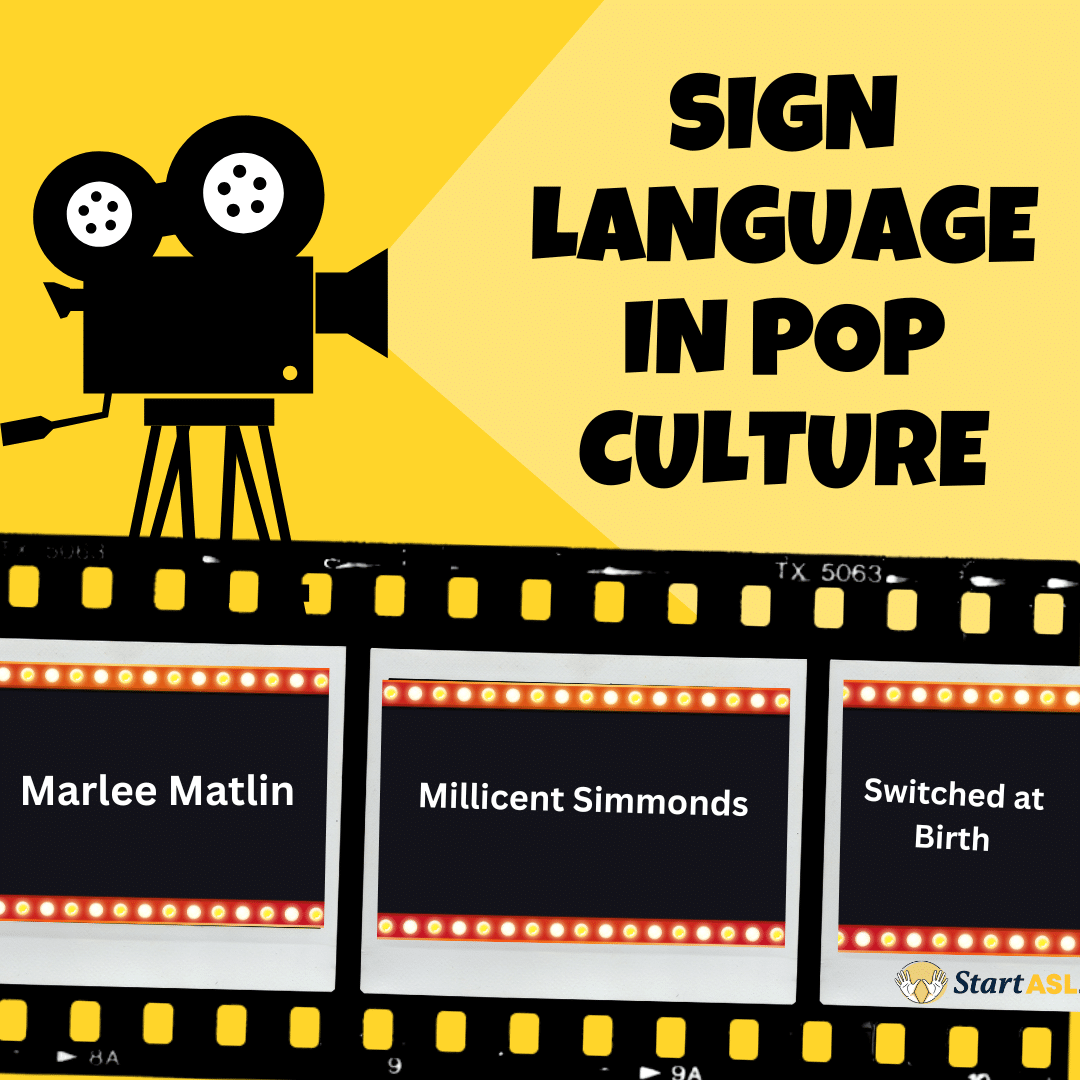
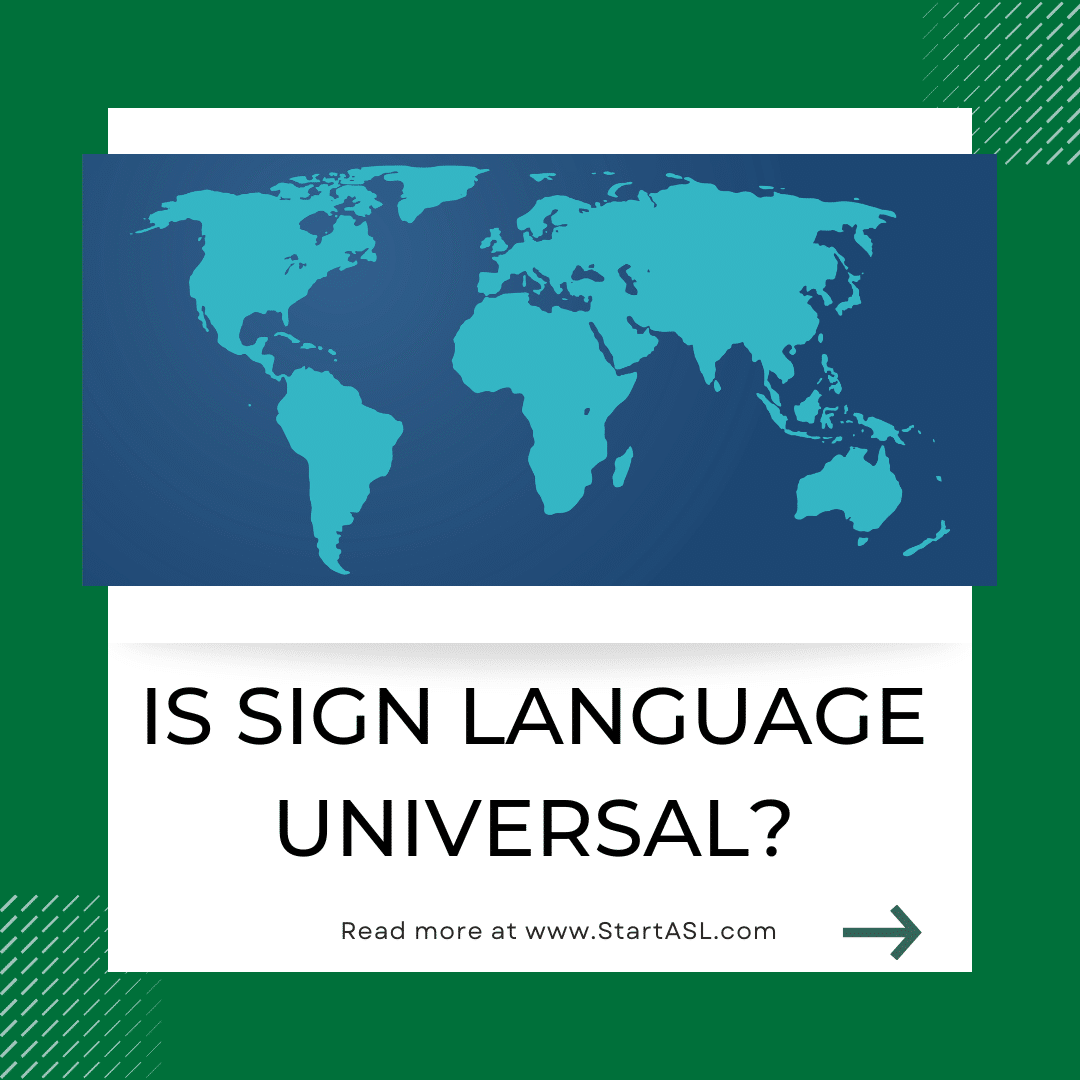
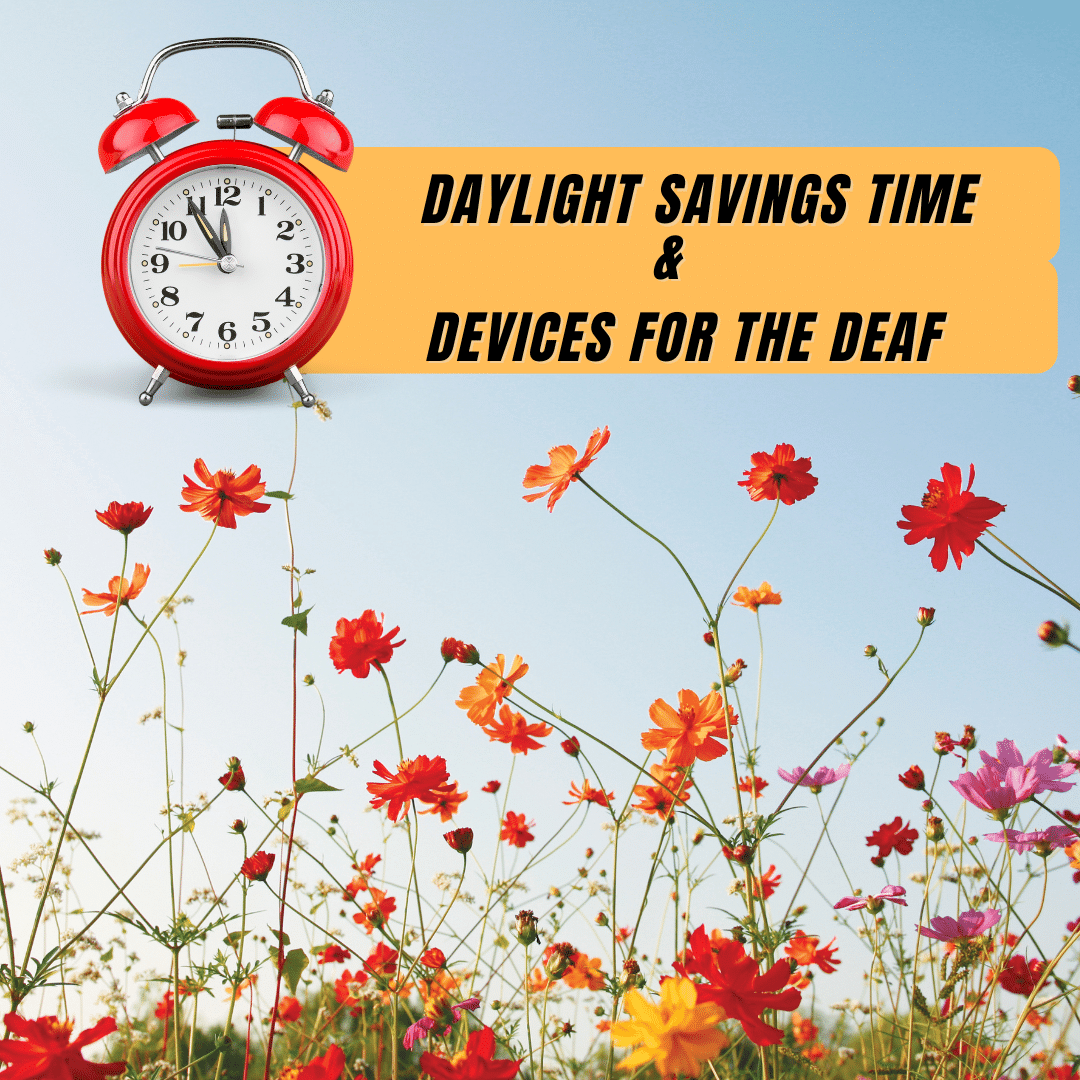
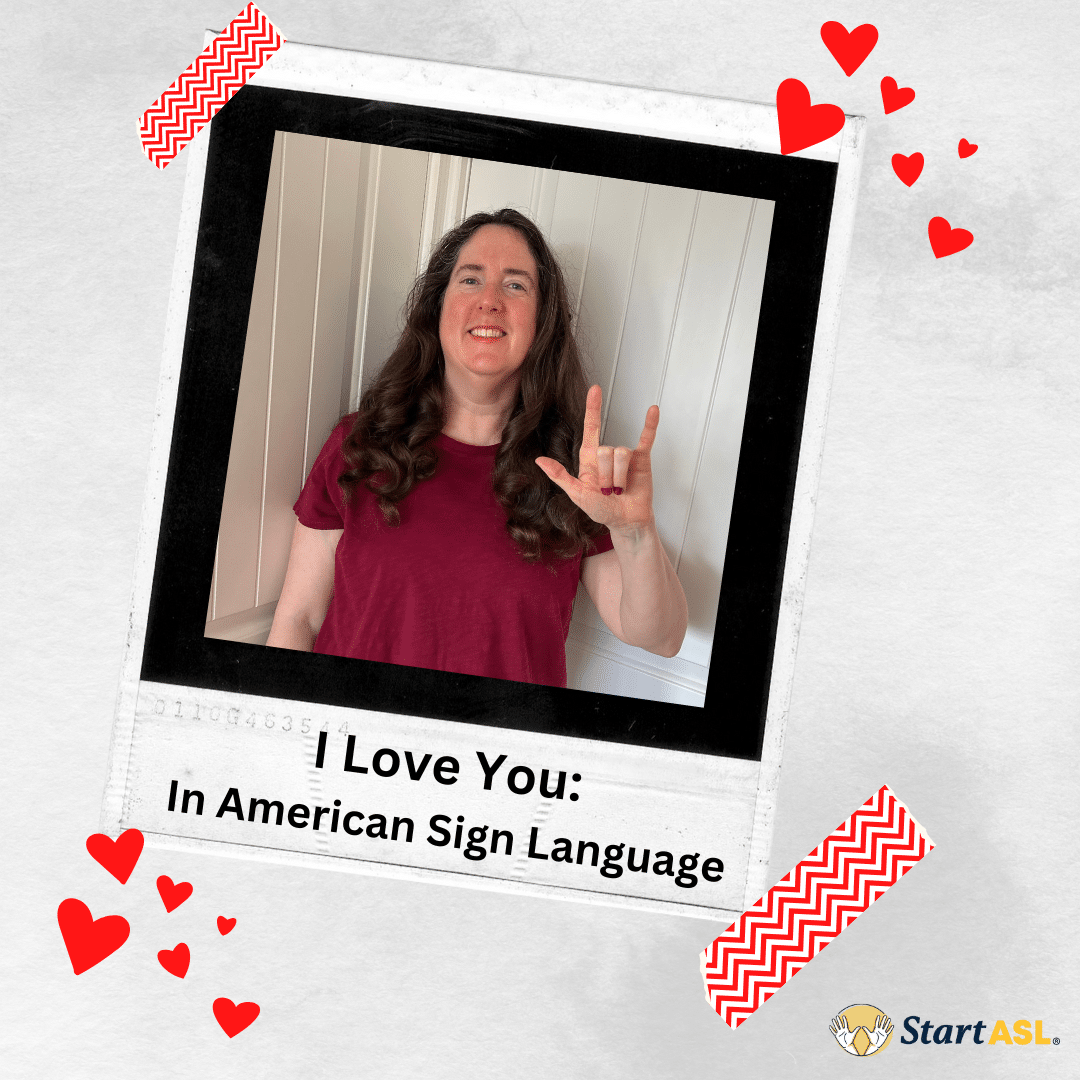




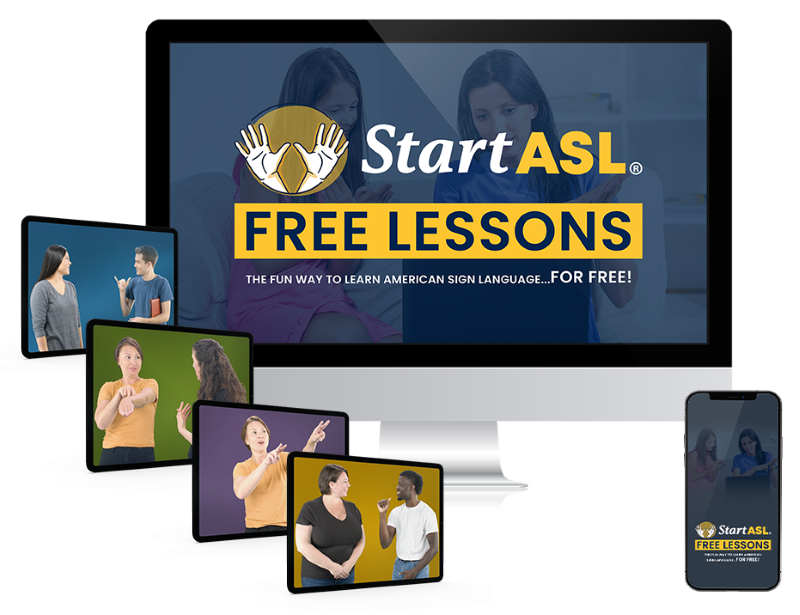
24 Responses
Hi there! My name is Sarah and I am an ASL Interpreter Coordinator here in the Erie PA Area. We are looking for Interpreters interested in doing VRI and In Person work. I myself have been an Interpreter since 2008 and love it!
I am
A recently retired special education teacher who wants to learn how to move into the interpreting field. Any suggestions?
Hi,
This would be a career change. I already have an Assoc, Bac & a Masters degree in business what added courses would I have to take? I would like to work in the courts. First, I would like to job shadow someone. I live in the MA. How is your program different from a college setting?
Thank you,
Sam
This is a lot of excellent information, and also, I am enjoying learning through the Start ASL class. My son is graduating from community college in Massachusetts for Communication. He took ASL classes and then became a supplemental instructor in basic ASL classes. He has decided to pursue becoming an interpreter but is having some health issues and would like to stay close to home. Does anyone know of programs in Massachusetts?
Wonderful advise I want be one more posting is appreciated
As a professional leadership development & communications skills trainer, team coach and Behavioural change expert, I have always been fascinated and intrigued by sign language, wanting to be able to speak that language.
I am also thinking that it would be great to offer my services to deaf people empowering them to grow into their greater potential which requires for me to speak their language. So I do not have ambitions to interpret, but I would like to be able to speak their language to communicate and service this audience. What is the best way to do this ? Is it an ASL interpreter? OR is there a certification course (like learning Spanish, French etc) which is ASL language? or is that the same ?
thank you
PS- I live in the Netherlands – so Is there a bachelor program online to follow to get diploma?
Here is a great review of American Sign Language Interpreter Training Receptive Skills:
from Robin Brenner (Alaska): I really enjoy using this DVD for working on receptive skills. I think it’s good for anyone who’s learning ASL or wanting to become an interpreter. It’s really helpful because it’s broken down into chapters that are easy to follow at your own pace. There are many useful activities to practice what you’re learning as you watch the DVD. Each chapter is signed though once for you,then plays again but pausing several times in each chapter to ask questions that focus on what was being fingerspelled, the facts they were discussing or phrases. The signers show great expressions and use of classifiers. I’ve watched it many times and still learn new skills with each use. It also teaches some ASL idioms that are fun to learn! I feel more confidence in my receptive skills since I started using the DVD. I also work with a mentor and she is noticing the improvement to!
Would we be able to get a certification here and faster or would it have to be somewhere else? Could it be some classes in one place and some the other and still get a certification?
Hi Kate! We offer a certificate of completion, but it is not a certification. Our certificate has your name, date of course completion, verification code, and your course score. Our course gives you the foundation to signing ASL.
Thanks for letting me know.👍🙂
Is there a way to become an ASL interpreter through schooling online?
I need help on interpreting like a tutor any suggestions?
Hi Kayla, We have tutors available from this page: https://www.startasl.com/asl-tutors. Hope this helps! :)
Hi there. My name is Nikki and I am an eighth grade student at DuBois Area Middle School. I am very interested in becoming a licensed Interpreter for Deaf or Hard-of-Hearing students when I am older. I have been researching colleges with this major that may help, but haven’t had much luck in finding anything that looks good or seems like it will help. Is there anyone who could maybe suggest colleges or direct me to somewhere that can? Thanks!
RIT has a great Program!I would look into that
Check out University of Northern Colorado, Western Oregon, or maybe Ohio.
I live not too far from two wonderful colleges. I know one gives college credit for ASL 1 and ASL 2 to high school students who want to take these classes for both high school and college credit. The first school is a community college (2 year college) and has an ASL interpreter program and is Pierce college: piercecollege.edu the other one is California State University in Northridge. Both are in Southern California. Good luck!
Hi, my name is Savannah Nickell and I have been wanting to learn sign language to become an interpreter. I know some signing but now that I’m a Freshman at Gahanna Lincoln I want to stick with
it. I’ve known very little signing since I was 7 and i would really love to hear more about this school
My daughter would love to become a sign language interpreter. Is it usually a 2 year process, a 4 year process? We are in the Midwest and she is a senior in high school. Where do we start? We see there are four year colleges with that major, but she is also an amazing musician so she wants to major in music and also become certified to become a sign language interpreter. Is this possible?
Hi Cathy, Depending on her school, she may be able to major in music and minor in ASL interpreting. There are usually two year programs available for interpreting – it just depends on the programs available at her school.
Has your daughter considered University of Northern Colorado? They have amazing programs for both of those fields. I am currently in competition for the interpreting program there.
The University of Nebraska at Omaha has an interpreter program.
https://www.unomaha.edu/college-of-education/special-education-communication-disorders/
Hello,
I am interested in becoming a licensed sign and language interpreter. I am currently employed at a facility that specializes in providing aid and services to people that have intellectual disabilities and I believe that such services would be a huge asset. How can I go about accomplishing this task?
Be sure to check out our articles on this page – they explain some of the steps involved in becoming certified. You can also find our recommended books on the topic as well: https://www.startasl.com/asl-interpreter